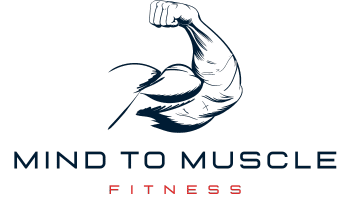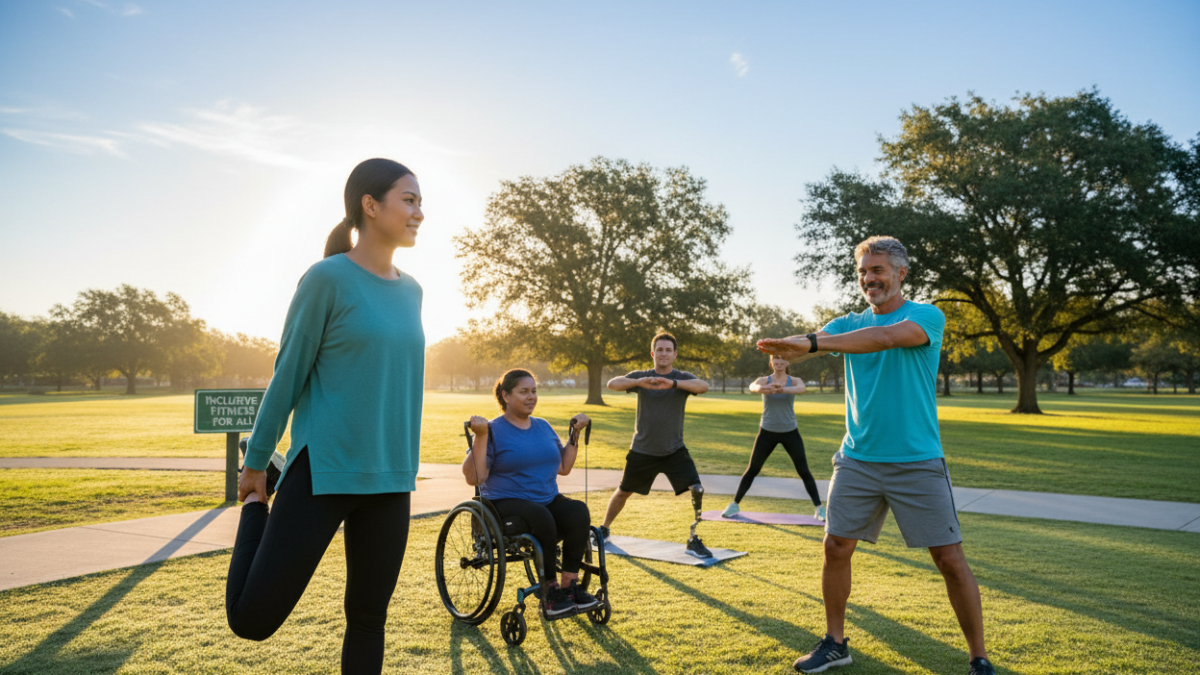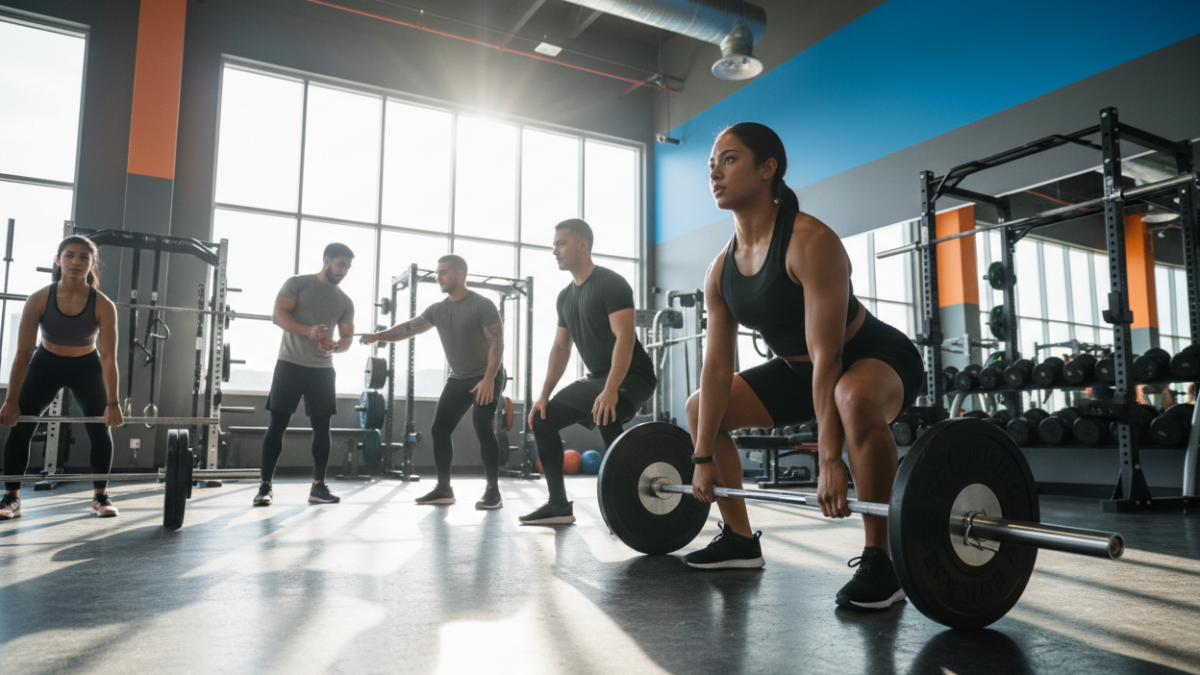
Get Sculpted: My Top Bicep Peak Workout Tips
Did you know that a focused bicep peak workout can torch up to 20% more calories than training your legs? Sounds surprising, right? That’s the magic of dedicated bicep peak training! I’m thrilled to share some game-changing tips to help you build those impressive arm peaks you’ve always admired. Well-defined biceps do more than look great—they can significantly enhance your overall strength and confidence.
Through years of experience, I’ve discovered that targeted bicep peak workouts are crucial for achieving exceptional arm definition. When I saw the dramatic improvements in my physique, my enthusiasm for sculpting my arms soared.
Now, I’m eager to guide you through my top muscle-building strategies and bicep-focused exercises. These workouts revolutionized my biceps, and I’m confident they’ll bring amazing results for you, too.
The Importance of a Defined Bicep Peak Workout

The visual impact of a well-defined bicep peak is a cornerstone of aesthetic bodybuilding. A pronounced bicep peak plays a crucial role in arm aesthetics, delivering a sculpted and symmetrical look that many fitness enthusiasts dream of.
But the significance of muscle definition extends beyond just appearances. High bicep visibility reflects your dedication to strength training and overall fitness. Those impressive peaks aren’t just about showcasing physical prowess—they also highlight the commitment and effort you’ve poured into your workouts.
Seeing those defined biceps in the mirror can be a powerful confidence booster. It serves as a tangible reward for your hard work and dedication. In the realm of aesthetic bodybuilding, well-defined biceps contribute to a harmoniously balanced physique, making your arms stand out with striking prominence.
In essence, focusing on bicep peak definition is vital for anyone aiming for top-notch arm aesthetics. It represents strength and dedication and adds an extra dimension to your physical appearance, setting you apart in both performance and visual appeal.
Essential Bicep Peak Workout: My Top Exercises

It is essential to use efficient biceps workouts that centre on focused bicep isolation exercises in order to sculpt a well-defined bicep peak. I’ve listed my favourite exercises below that are really beneficial for building bicep peaks.
Concentration Curls
One of my favourite isolation workouts for the biceps is the concentration curl. Lean slightly forward while seated on a bench, then press the arm of a dumbbell into your inner thigh. Squeeze the top of your bicep while slowly curling the weight. This workout ensures that you develop your biceps at maximum speed through severe tension. Try to complete three sets of 10 to 12 repetitions.
Incline Dumbbell Curls
Dumbbell curls on an inclined plane are a great way to target the bicep’s long head and encourage the development of a bicep peak. To execute, place a dumbbell in each hand and recline on an inclined bench. For best results, curl the weights with your arms parallel to the floor. For best results, I typically perform three sets of 8 to 10 repetitions.
Preacher Curls
Preacher curls are a must in every biceps exercise program. Sit down on a preacher’s bench and place a barbell or EZ curl bar under your arms. Throughout the movement, contract your biceps as you slowly curl the weight. This is an excellent workout to lose momentum and concentrate only on your biceps. Do 3 sets of 10–12 repetitions.
A brief comparison of the exercises is provided here:
| Exercise | Primary Target | Recommended Sets | Recommended Reps |
|---|---|---|---|
| Concentration Curls | Peak Concentration | 3 | 10-12 |
| Incline Dumbbell Curls | Long Head of Bicep | 3 | 8-10 |
| Preacher Curls | Overall Bicep | 3 | 10-12 |
Proper Form and Technique for Optimal Results
Achieving that coveted bicep peak involves more than just lifting heavy weights; it’s about mastering precise exercise execution. Proper form is essential for effectively targeting the right muscles and ensuring that your workouts are both efficient and safe.
Technique is everything when it comes to perfecting your bicep peak. Whether you’re performing concentration curls or incline dumbbell curls, adhering to muscle growth principles—such as controlled movements and a full range of motion—is crucial. Using improper form can not only reduce the effectiveness of your workout but also increase the risk of injury.
Common mistakes in bicep training include swinging the weights, failing to extend the elbows fully, and relying on momentum rather than muscle strength. These errors undermine your efforts by preventing your biceps from fully engaging. Instead, focus on executing a slow, controlled lift and a deliberate lowering phase to maximize muscle activation and growth.
To illustrate the impact of proper form, here’s a comparison:
| Common Errors | Proper Technique | Benefits |
|---|---|---|
| Swinging weights | Controlled movements | Better muscle isolation |
| Partial range of motion | Full range of motion | Maximized muscle contraction |
| Using momentum | Using muscle strength | Increased workout efficacy |
Always pay attention to your form. It’s a significant factor in the exercise execution that directly influences muscle stimulation and growth. Poor form not only diminishes the effectiveness of your workout but also increases the risk of injury, setting back your progress. Combining proper form with a balanced nutrition strategy, such as having a pre workout smoothie for gains, can help maximize your results. This boosts your energy levels and provides the fuel your muscles need to perform at their best.
Adjusting Reps and Sets for Peak Growth
A thoughtful mix of specific training factors and session intensity is needed to maximize bicep peak growth. You can target particular fitness goals, such as muscle endurance or strength, by varying the number of reps and sets. Let’s explore how to get the most out of each training strategy.
High Reps for Endurance
The secret to increasing muscle endurance is to concentrate on high repetitions. By doing more than 12 repetitions in a set, this method lengthens the period your muscles are under tension. Exercise performance is enhanced, and stamina is increased with this endurance training. Adding high-rep sets to your workout is an excellent way to push your biceps continuously.
Low Reps for Strength
Low repetition sets are crucial for developing raw strength. Maximal muscle fiber activation occurs when 4-6 repetitions with increased weight are performed in each set. Progressive overload is made possible by this strength programming, which is essential for peak bicep growth. When lifting larger weights, take care to maintain appropriate form to avoid injury, and keep your motions deliberate at all times.
Variety in Training
Adding variety to your fitness routine is essential for ongoing progress. Balanced muscular development results from switching up your bicep exercises and switching between high and low reps. Variety keeps your workouts interesting and helps you avoid plateaus. You may successfully target the bicep peak from all angles by varying your activities.
Achieving ideal peak growth in your biceps requires that you modify your sets and reps according to your fitness goals. The best results will come from a well-rounded approach, regardless of whether the goal is strength or muscle endurance.


